Leakier Gardens
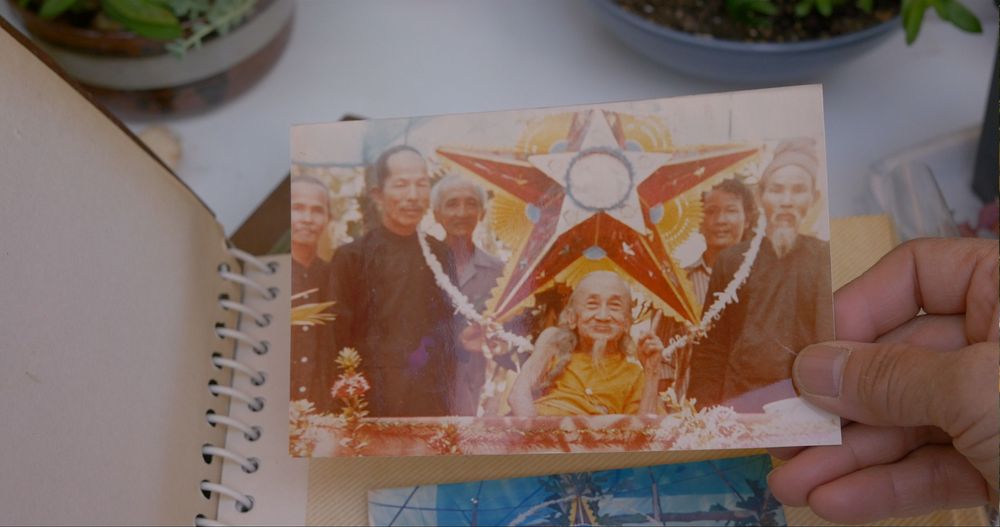
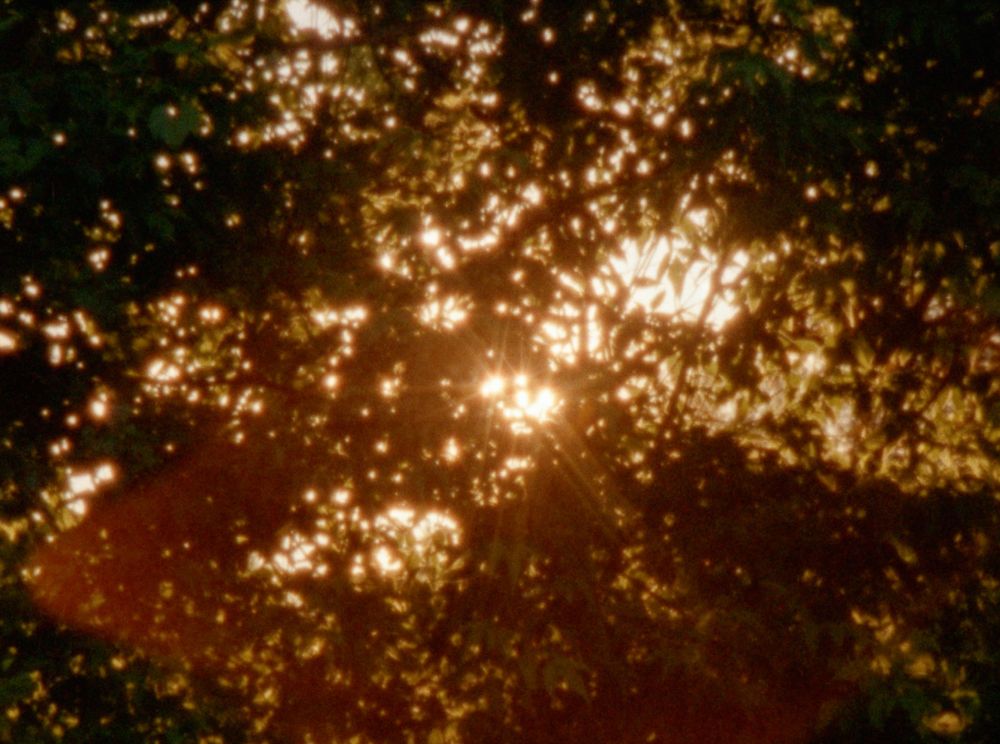
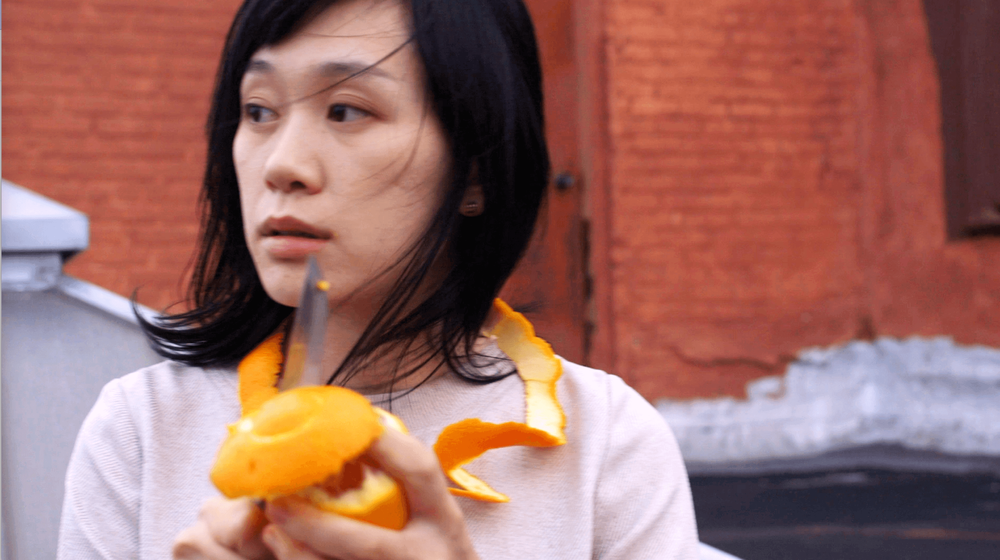
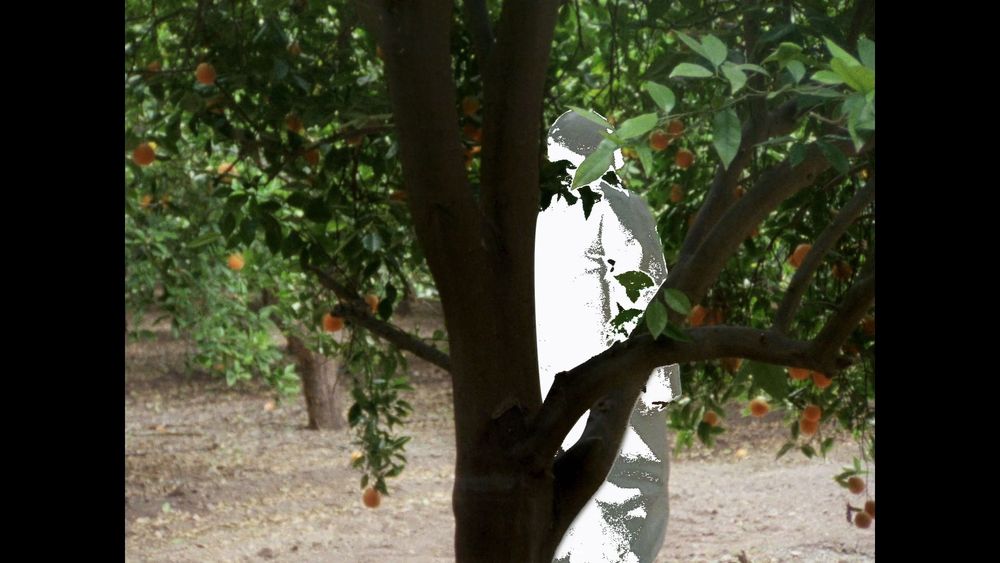
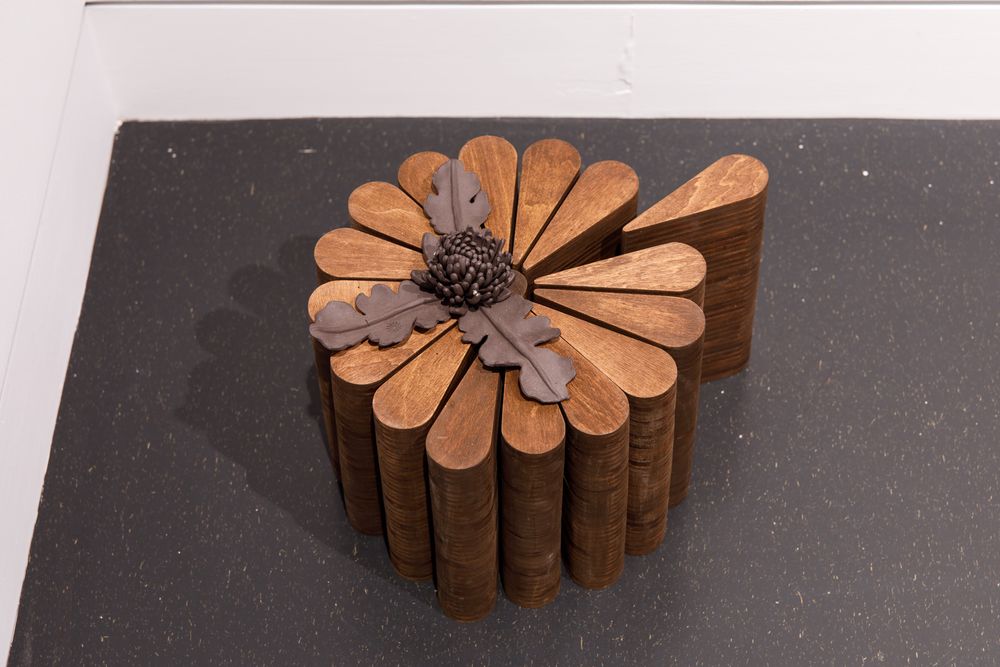
Coco Means Ghost
Gabi DaoGabi Dao’s video-poem layers archival fragments, individual and family recollections, and lingering questions linked to Vietnam, unfolding narratives about intergenerational memory—both its legible recordings and its deeply visceral textures. How we remember, less so what, becomes a gateway into somatic residues, which spill from the gaps of official archives and constructed histories.
July 29, 2023
Monday–Friday: 11 a.m.–5 p.m.
Saturday: 12–4 p.m.
440-401 Richmond St West Toronto, ON M5V 3A8
Street level entrance, ramp, elevator, automatic doors, door width 34”. Gender neutral accessible (32”+) washrooms, stall, no automatic door. No accessible parking on site. To access Bachir/Yerex, use either the stairs or elevator to the 4th floor.
For a map to Bachir/Yerex Presentation Space, click here
Images Festival presents the exhibition Leakier Gardens, which includes the work of Erin Johnson, Gabi Dao, Véronique Sunatori, Yuula Benivolski, and Zaina Bseiso.
Together, the artists consider multiple forms of nourishment, sustenance, and cultural transference across bodies, territories and generational lines. Alongside these works, the garden extends beyond the plot to include those porous spaces in our lives that require tending to the growth of (one) another, allow entanglements to flourish and where fruit, flower, and seed demand attention and care– not from a master gardener– but through each cultural leakage, slippage, spill and spoil.
Leakier Gardens is the second iteration in an ongoing series of screenings, exhibitions, and myriad potential manifestations. Hosted by Images Festival, this series considers the garden as something that, despite one’s intention, cannot be contained, and thus foregrounds the incontainability of edges and borders. The first iteration, Leaky Gardens, complicated the notion of the garden as a gentle refuge, revealing its colonial roots alongside the work of Eve Tagny, Vanessa Dion Fletcher and Yza Nouiga.
List of Works:
Erin Johnson, Oranges, 2023. Three channel video. 3MIN loop
Gabi Dao, Coco Means Ghost, 2019. Single-channel video, 25MIN.
Véronique Sunatori, Where the Forest Ends, 2023. Installation.
Yuula Benivolski, Eclipse in the Garden, 2021. 8MM>Digital, 6MIN.
Zaina Bseiso, When Light is Displaced, 2023. Digital video, 6MIN.
Erin Johnson
Gabi Dao
Gabi Dao (she/they) is an artist and organizer currently based between the unceded and ancestral territories of the xʷməθkwəy̓əm, Skwxwú7mesh and Səl̓ílwətaʔ/Selilwitulh Nations (colonially known as Vancouver, Canada) and Rotterdam, The Netherlands. They are interested in sensory entanglements and affirmations— the ways these can insist on counter-memory, multiple truths, other ways of knowing and blurred temporalities, against the capitalist linearity of cause-and-effect.
Véronique Sunatori
Véronique Sunatori is a multidisciplinary visual artist living and working in Tkaronto, Canada. She works in sculpture and installation with a penchant for ceramic. Sunatori’s work has been presented in institutions across Canada, Japan and the US. She holds an MFA in Visual Art from York University (2018).
Yuula Benivolski
Yuula Benivolski is an artist and filmmaker in Toronto. Through auto-fiction and personal archive she explores the territories between memory and official history.
Most recently, her work has been shown at Microscope Gallery in NYC, Istanbul International Experimental Film Festival, and Trinity Square Video media arts centre in Toronto.
Zaina Bseiso
Zaina Bseiso is a film director, producer, and curator working primarily in documentary and experimental cinema. Her work explores the relationship between the materialities of place and issues of memory, surveillance, corporeality, and nationalism. She received her Master’s degree in Film and video from the California Institute of the Arts. Bseiso is based in Los Angeles and was raised in Egypt by Palestinian parents. Her practice mainly traverses among Egypt, Palestine, Cuba, Mexico, and the US. She is co-founder of Bahía Colectiva, a community of filmmakers that collaborate in practice and curation.
